This post may contain affiliate links. Please read our disclosure policy.
Children growing up face challenges… they did when we were the children & they do now. They have to learn to walk, talk, clean, write, read, add, subtract, shoot a basketball, hit a baseball, do a somersault. Each of these things lends itself to either pride through accomplishment, or anger through defeat and frustration. Kids respond like kids.
Children are also very different: we have one child with a very patient, tolerant personality and we have one with a very short fuse. We have one with the ability to let everything roll off of his back and one with a very sensitive spirt. Four kids… all very different.
 This post contains an affiliate link to a few books that I found to be very helpful.
This post contains an affiliate link to a few books that I found to be very helpful.
When I taught second grade, I had a child with true anger issues.
My student would get very upset about something and he would explode. One time he walked around the room, knocking desks over. One time, he walked around with a sharpie in his hand and drew on anything he could find (including my coat on my chair). One time, he walked up to the board, during class, and started trying to take the marker out of my hand (mid-sentence).
The one thing that I never did was lose my temper. Why? That would have GREATLY accelerated the issue.
So what did I do?
I learned everything that I could about the stages of anger, I talked to our school councilor and principal, I read books like this one and this one. In the end, we were able to get him help (and I have heard that now, ten years later, he is doing well).
When a child gets upset and seems to just “explode”, it really is more than that. It means that he/she has gone through several stages to get to the place of “exploding”. By exploding, I mean yelling, crying, whining, running to his room, calling names, hitting, stomping his feet, etc… these are all normal behaviors that kids will attempt at one point or another.
Think of the stages anger as a fire…
Stage 1- gathering the sticks.
Stage 2- Putting fuel on the fire.
Stage 3- An outburst of flames.
Stage 4- Putting the fire out & dealing with the smoke that remains.
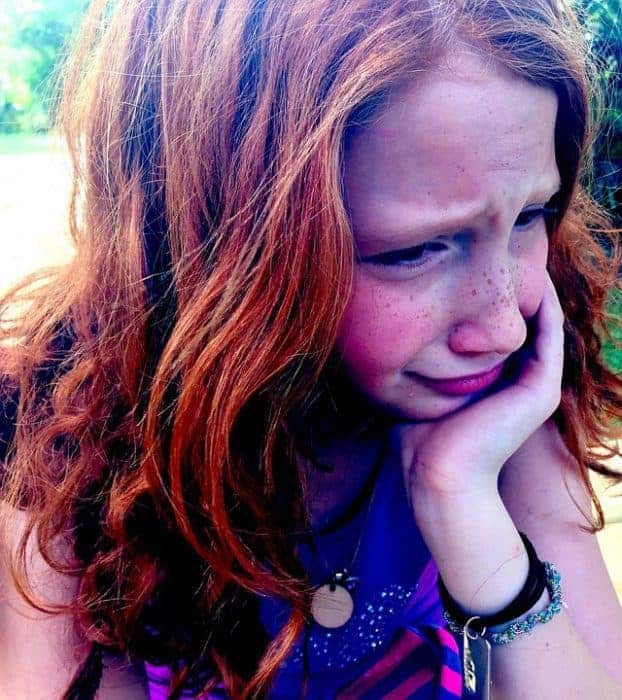
STAGE 1 –>> BUILDUP.
This means that something is causing it. I tend to find that it is usually sleepiness, hunger, not feeling well or not accomplishing something. If our son is asked to build a house of popsicle sticks and can’t do it, but sees his brother doing it, it will cause him to get angry. He will try several times before he gets frustrated and runs off to his room.
Our other son, on the other hand, will try it and if he doesn’t succeed, he will just glue them all together in a big heap and call it a bonfire.
Kids are different and they react differently. Everyone’s reaction is different, especially during this stage.
How can we help?
- Don’t put them in those situations.
- Talk it over before it gets worse.
- Don’t put them down! Don’t tease him, laugh at him or make him feel minimal.
- Be respectful and try to be empathetic.
STAGE 2 –>> Adding fuel to the small fire.
This is that first thing that happens right after you have set the stage (the buildup). Maybe something like “Why aren’t you dressed yet?” will be enough for him to get upset. Or something like “Eat your green beans or you won’t get a snack.”
Sometimes, you don’t even need to say anything. Maybe he sees something that reminds him of being upset before & it starts it all over again.
Signs that the fuel has been added: Maybe he doesn’t talk to you, maybe he crosses his arms, yells or runs to his room.
How can we help?
- Don’t yell or get angry. This will worsen it.
- Listen…. just be an active listener. Don’t help or give advice. Just listen.
- Walk away!!! Your anger will make him angry. Take a break (both of you)
- Distract him. I try to talk about fun things coming up or fun things we’ve just done.
- Teach him to calm down. “When you get upset like this, I want you to come into your room and count to 30.”
STAGE 3 –>> The OUTBURST (the explosion of the fire)
This is when it comes out for all to see. This is when others notice it – the outward signs of the anger. Hitting, yelling, kicking, throwing things, crumbling up homework, etc… Sometimes it is sneakier (when the “accidentally” break something or rip up a picture).
How can we help?
- Take a break.
- Talk about the consequences, if he will listen.
- Let things happen (our one son is very embarrassed after an explosion, and this is enough to stop it from happening again)
- Listen. Just listen.
- Don’t yell back.
- Get the other people out of the room.
STAGE 4 –>> Putting the fire out.
After the anger is over and your child is coming back down to his normal state, you are left with the smoke of the explosion – the aftermath.
How can we help?
- Talk about what has happened.
- Figure out how you can help next time. “What happened? What should we try the next time that you feel this way?”
- Help your child solve the problem. You are the parent. Your child needs you to lead him.
- Hug. Forgive. Talk.
- Say you’re sorry if you spoke out in anger during the outburst.
Remember that one on one time is huge for your child & controlling these outburts. If you would like to sign up for my free one-on-one time course, you are welcome to join by clicking below (I’ll send you the calendar as a thank you).
For more tips that might help, try reading this post: Stop Yelling.
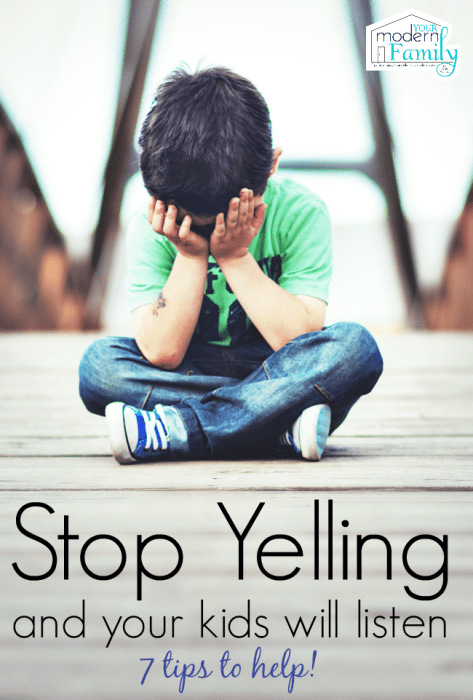
or this one: The spirited child.
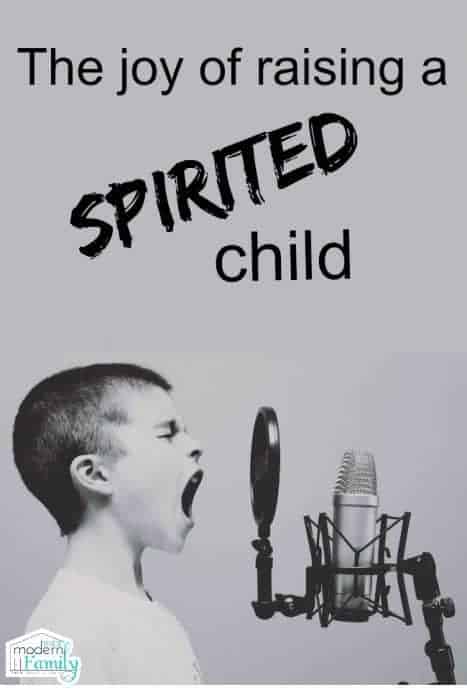


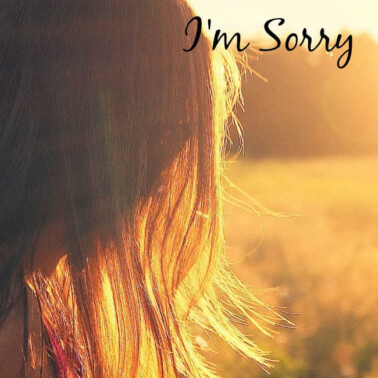
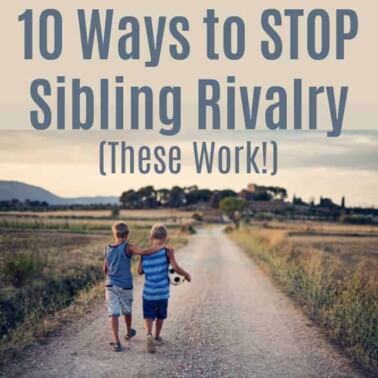










This is a great piece and pretty much sums up my 4 year old exactly. This very thing happened the other day. She’s a really good kid, but when she loses it she really loses it. There is usually something underlying and she always feels bad afterwards. Sometimes its hard not to respond, but I find mindfulness exercises help me and remembering that even as an adult it can be hard to control our emotions!
Thank you so much for sharing
I hope it helps. 🙂